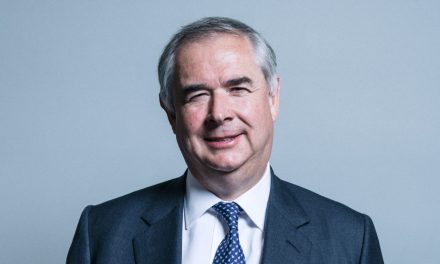Following two years of negotiations and successive trilogues, the Council adopted, yesterday, the common agricultural policy (CAP) reform package. The new rules for the CAP in the next seven-year period will come into force on 1 January 2014. The reform is far from being an ambitious reform and falls short of the promises that were made when Tony Blair gave up £7bn of the UK rebate in return for CAP reform.
The competence over common agricultural policy is supposedly shared between the EU and the Member States. However, the EU has taken complete control of it with disastrous consequences over the past decades. The CAP imposes substantial costs on developing countries as well on EU consumers and taxpayers. It has been trough different reforms but it continues to be one of the most expensive EU common policies.
Although it has been cut, a considerable part of the EU budget continues to be dedicated to CAP. Under the Multiannual Financial Framework the CAP budget for the 2014-2020 period amounts to EUR 408.31 billion. Hence, CAP will continue to amount 38% of the EU budget. The Government’s position is that most of the CAP is poor value for money. Yet because of QMV and the ordinary legislative procedure we have to accept it.
The CAP reform package is the result of compromises found between the member states and between the Council, the European Parliament and the Commission. It is impossible for a common policy, as CAP, to fully satisfy all national interests, hence negotiations take place in order to find the common denominator that best satisfies most national interests. It is well known that the EU decision-making process entails compromises, lowest common denominators and “one-size-fits-all” solutions. In fact, the text ultimately adopted by the legislative bodies takes into account the EU interests as a whole, which prevails over national interests. The UK is either outvoted or forced to accept these damaging measures.
Despite the compromise deal represents an improvement comparing to the Commission’s initial proposal, CAP will continue to be too costly for national authorities and beneficiaries. The Government was seeking to achieve a CAP reform focus on competitiveness, market liberalisation, trade-distorting elements, and protecting the environment. It has called for measures to enhance competitiveness, and reduce reliance on subsidies, and market based solutions in order to reduce trade-distorting subsidies. However, it was unable to achieve widespread liberalization of CAP and to significantly reduce levels of subsidy. According to British Conservative MEP Julie Girling “It will certainly not make farming in Europe any more competitive, efficient or sustainable,”.
The best solution for British farmers, consumers and taxpayers is to repatriate agriculture policy altogether. As Lee Rotherham, from Tax Payers Alliance, noted “Running an identical policy but repatriating the system from Brussels would save taxpayers and consumers over £10 billion a year and would certainly provide a major boost to world trade talks, benefiting the UK economy as a whole.”

